
Bianca 240. (Országút vándora)
¥18.74
Bianca 240. (Országút vándora)
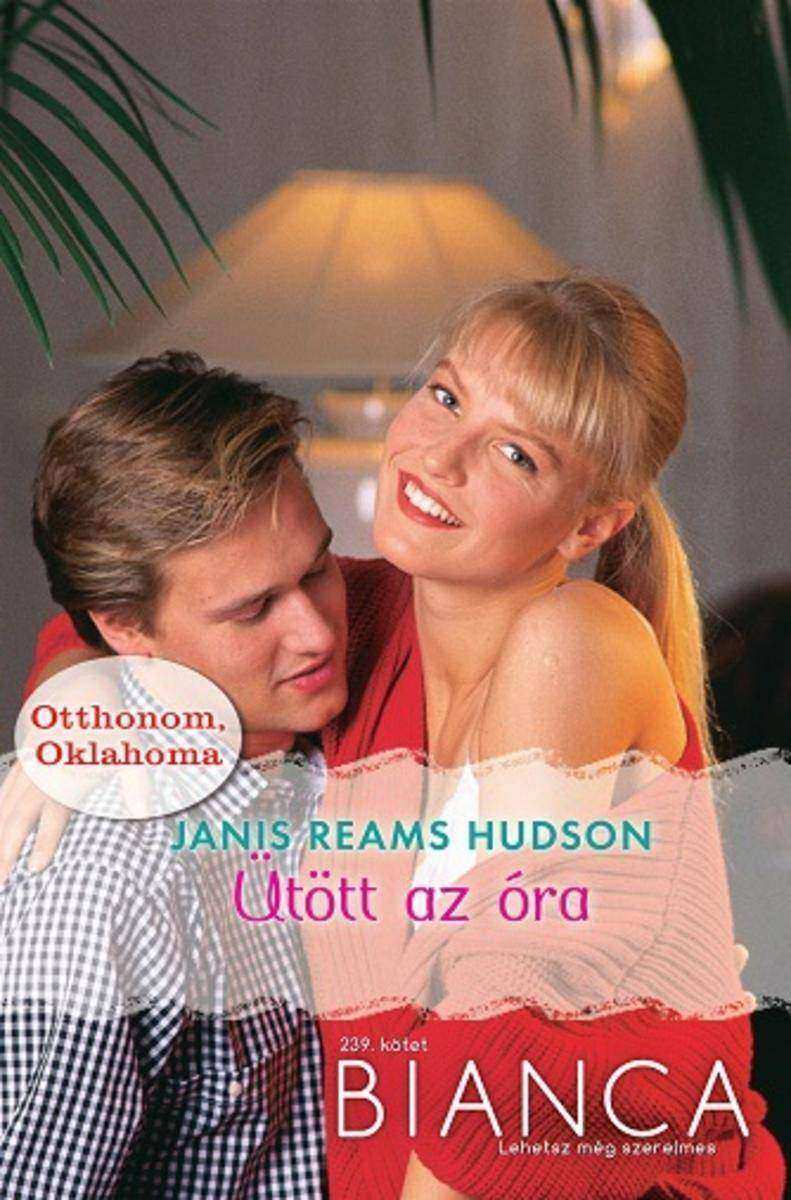
Bianca 239. (?t?tt az óra)
¥18.74
Bianca 239. (?t?tt az óra)
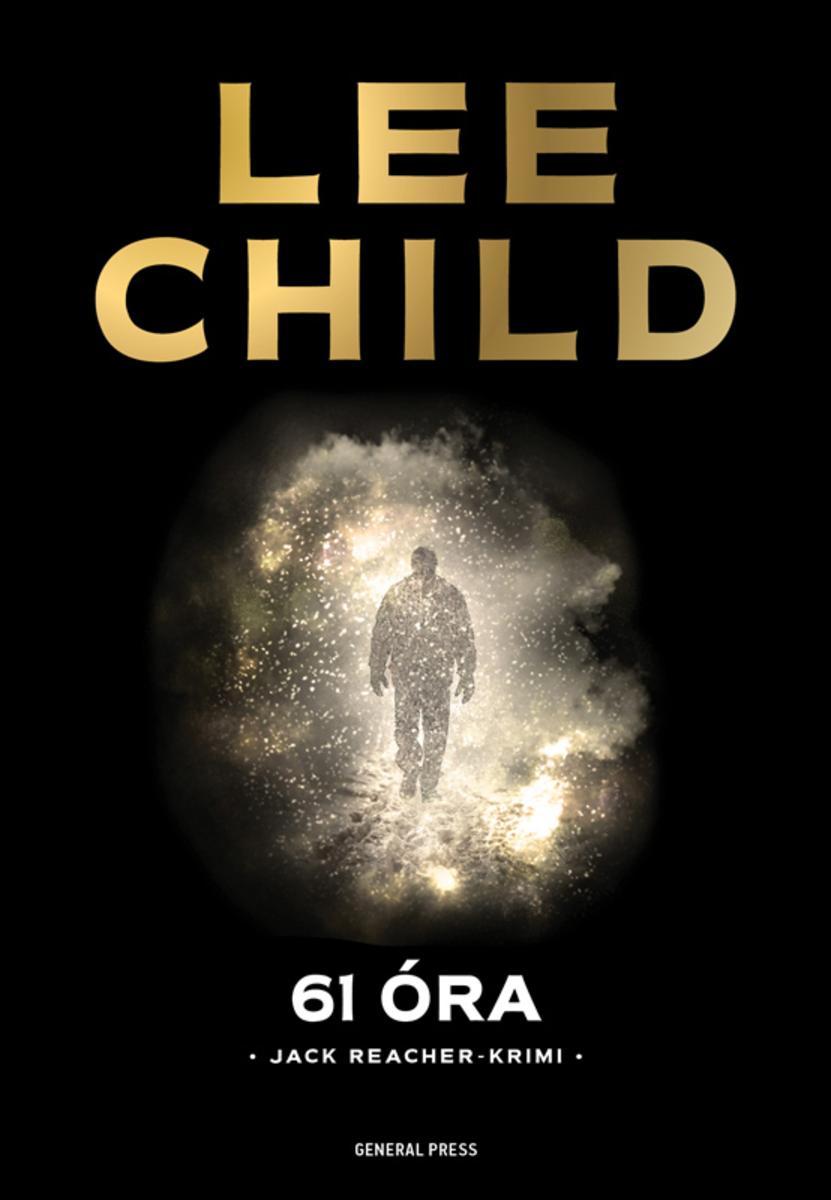
61 óra
¥75.54
61 óra
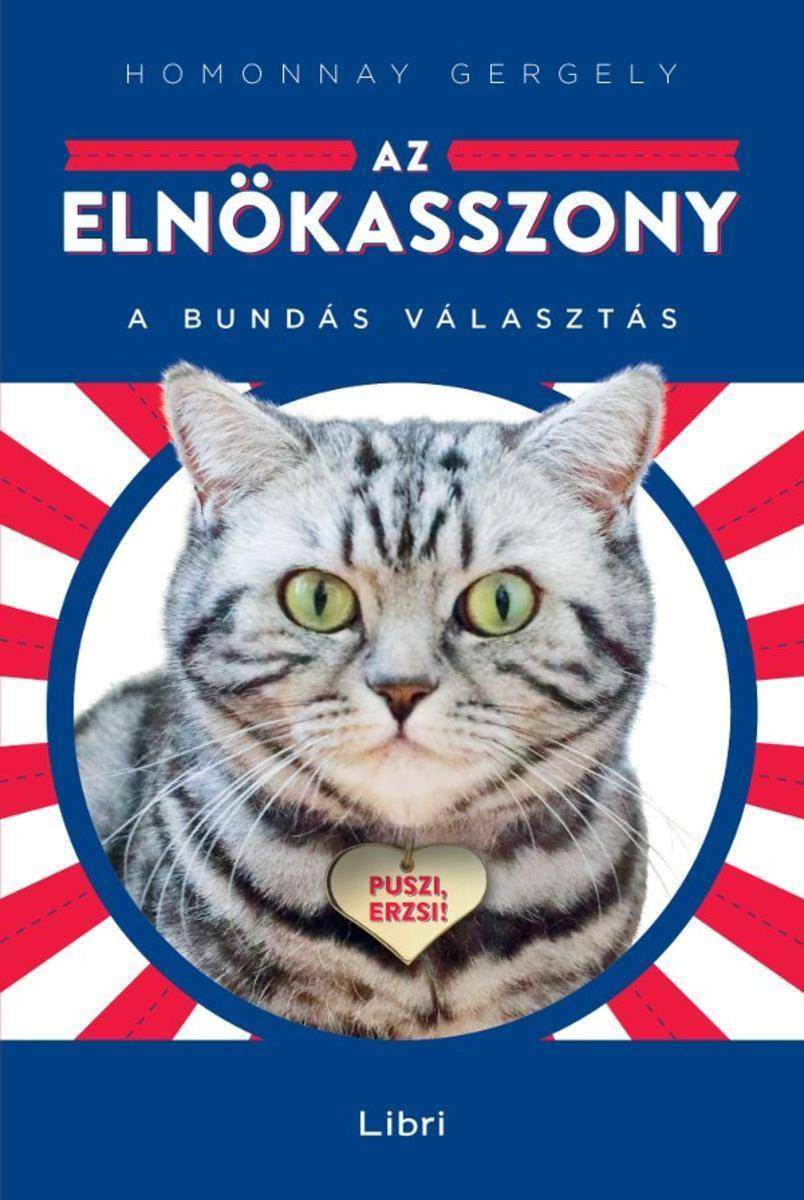
Az eln?kasszony: A bundás választás
¥63.85
Az eln?kasszony: A bundás választás
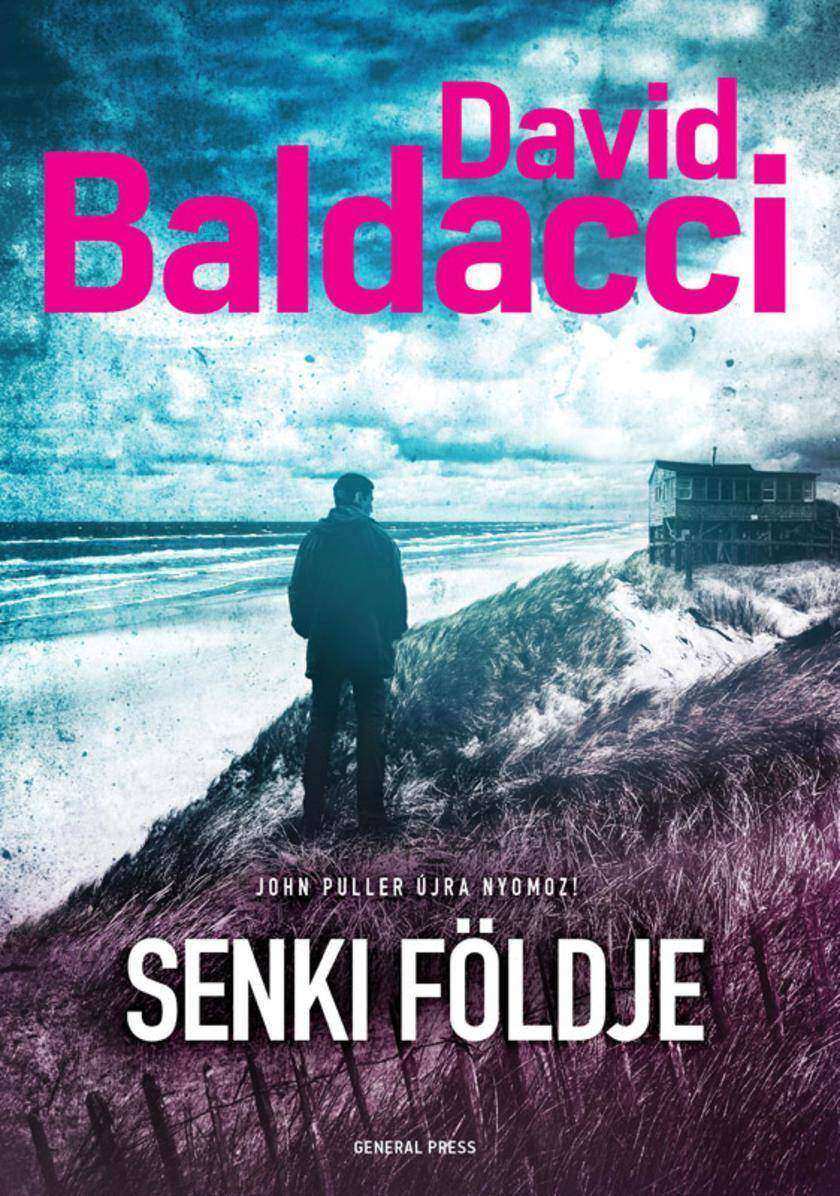
Senki f?ldje
¥93.03
Senki f?ldje
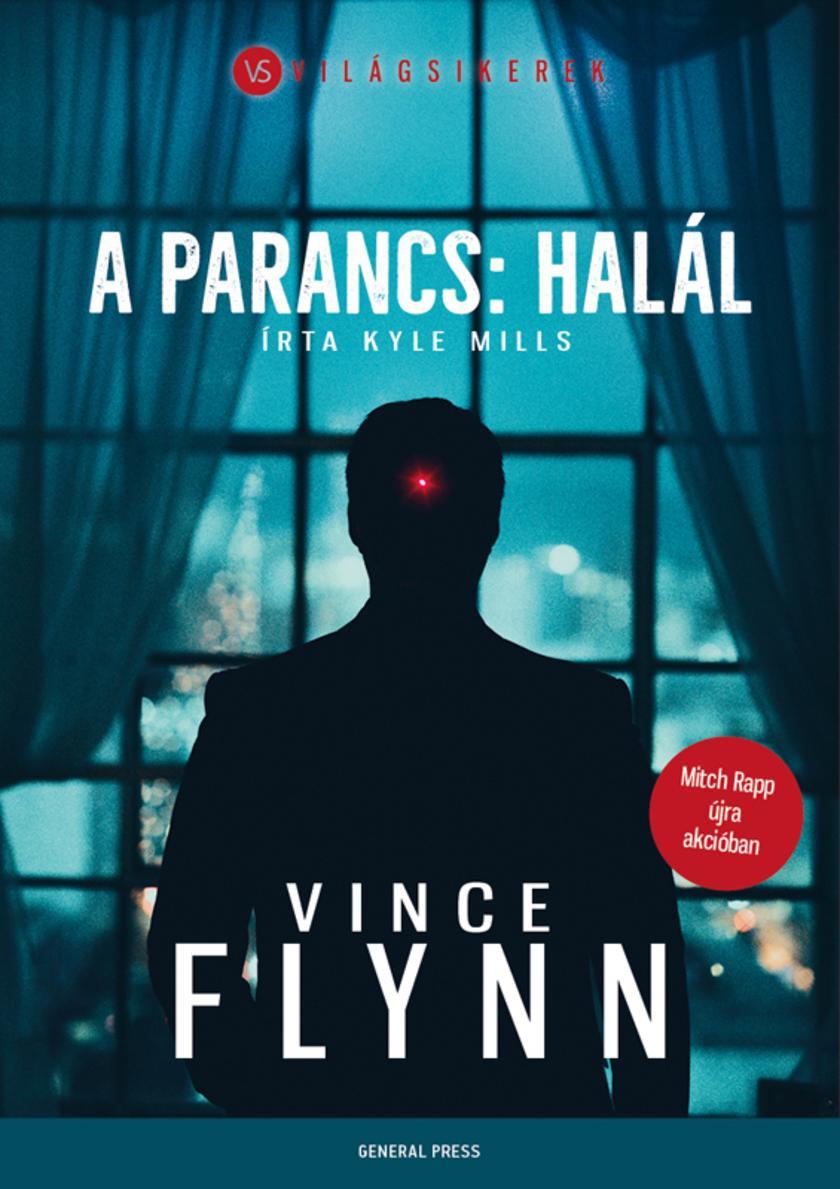
A parancs: halál
¥69.65
A parancs: halál
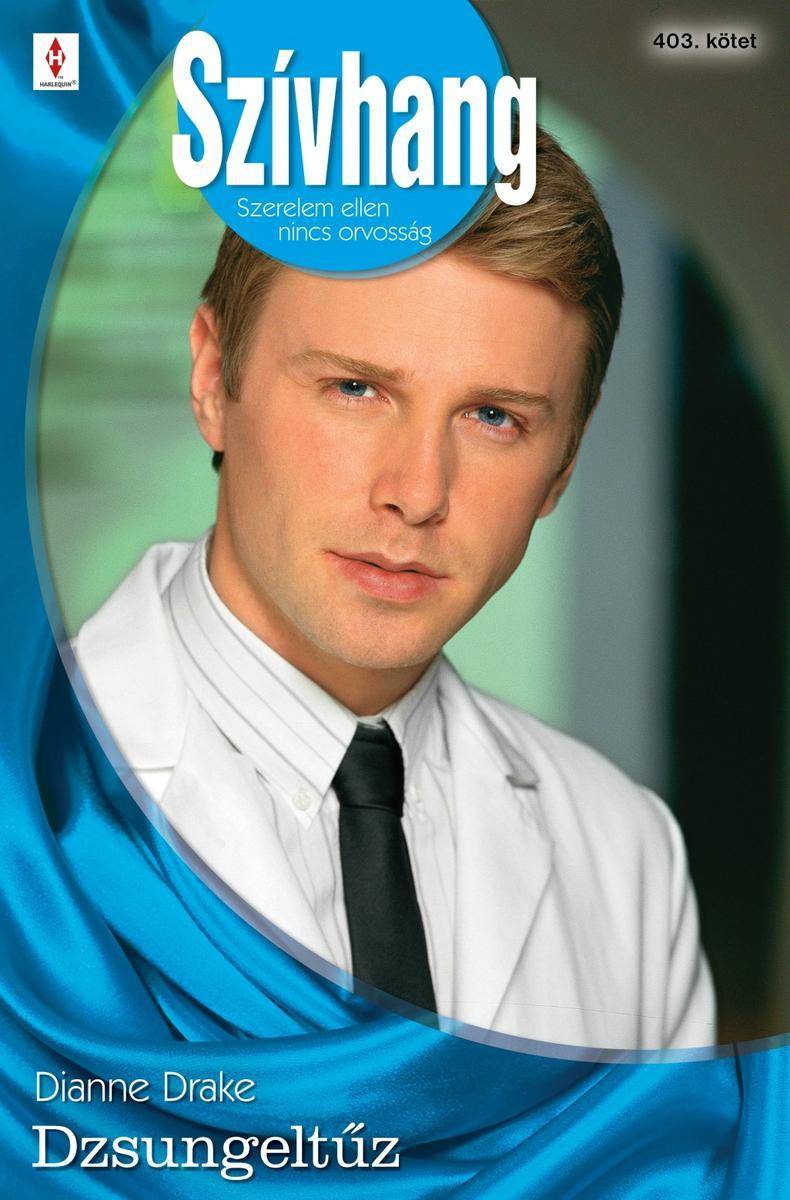
Szívhang 403. (Dzsungelt?z)
¥18.74
Szívhang 403. (Dzsungelt?z)

Bianca 265–266. (Született sz?ke, Házasság határozott id?re)
¥48.74
Bianca 265–266. (Született sz?ke, Házasság határozott id?re)
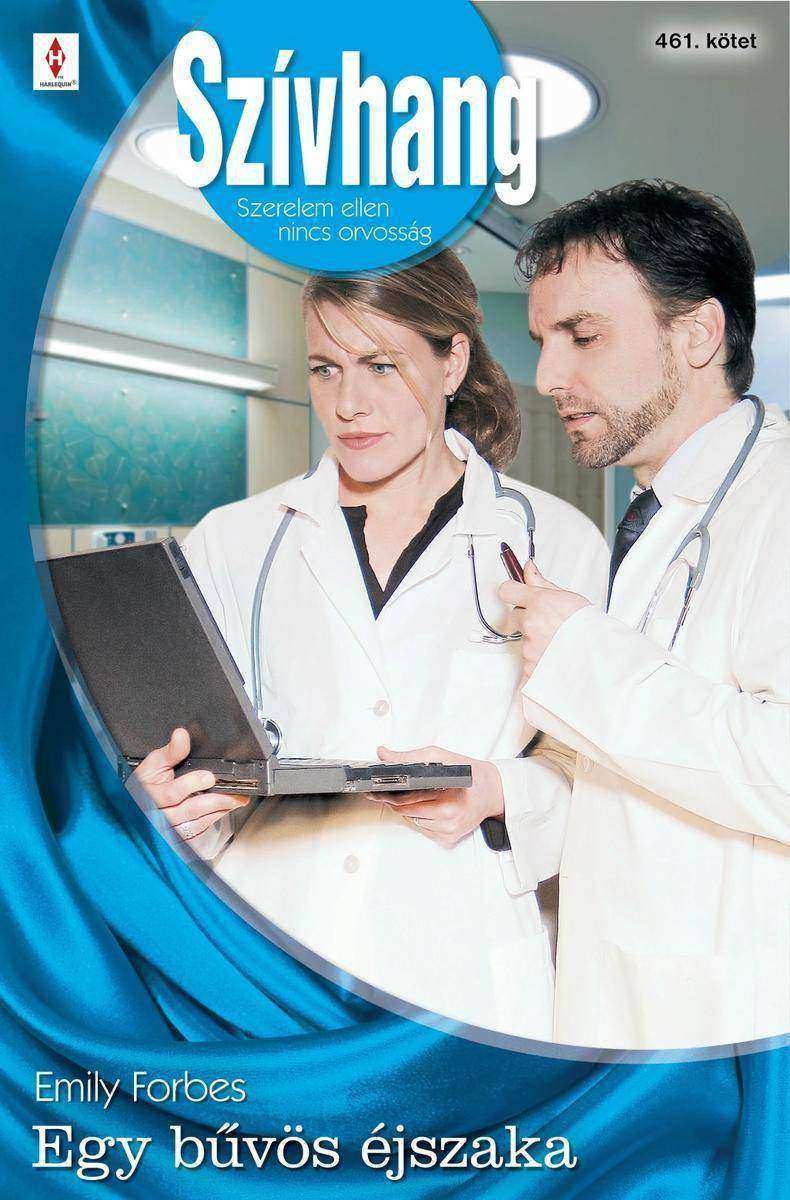
Szívhang 461. (Egy b?v?s éjszaka)
¥18.56
Szívhang 461. (Egy b?v?s éjszaka)
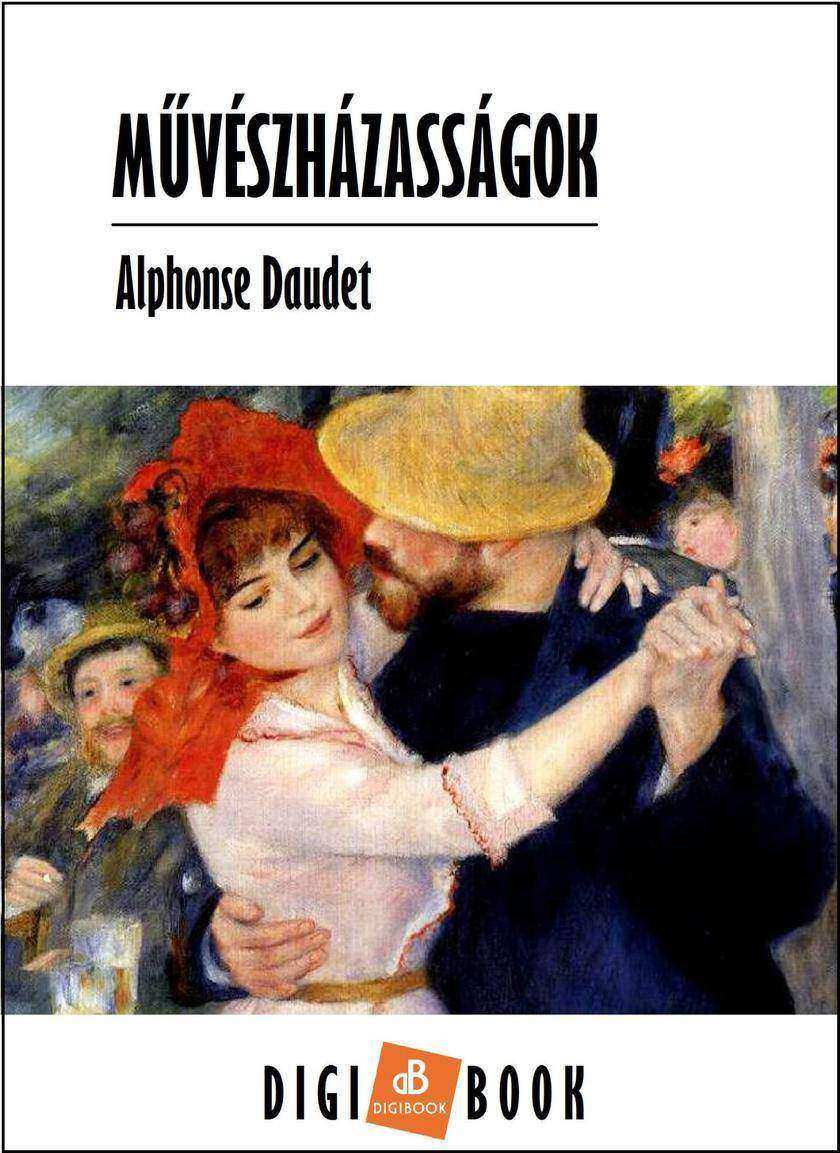
M?vészházasságok
¥11.36
M?vészházasságok
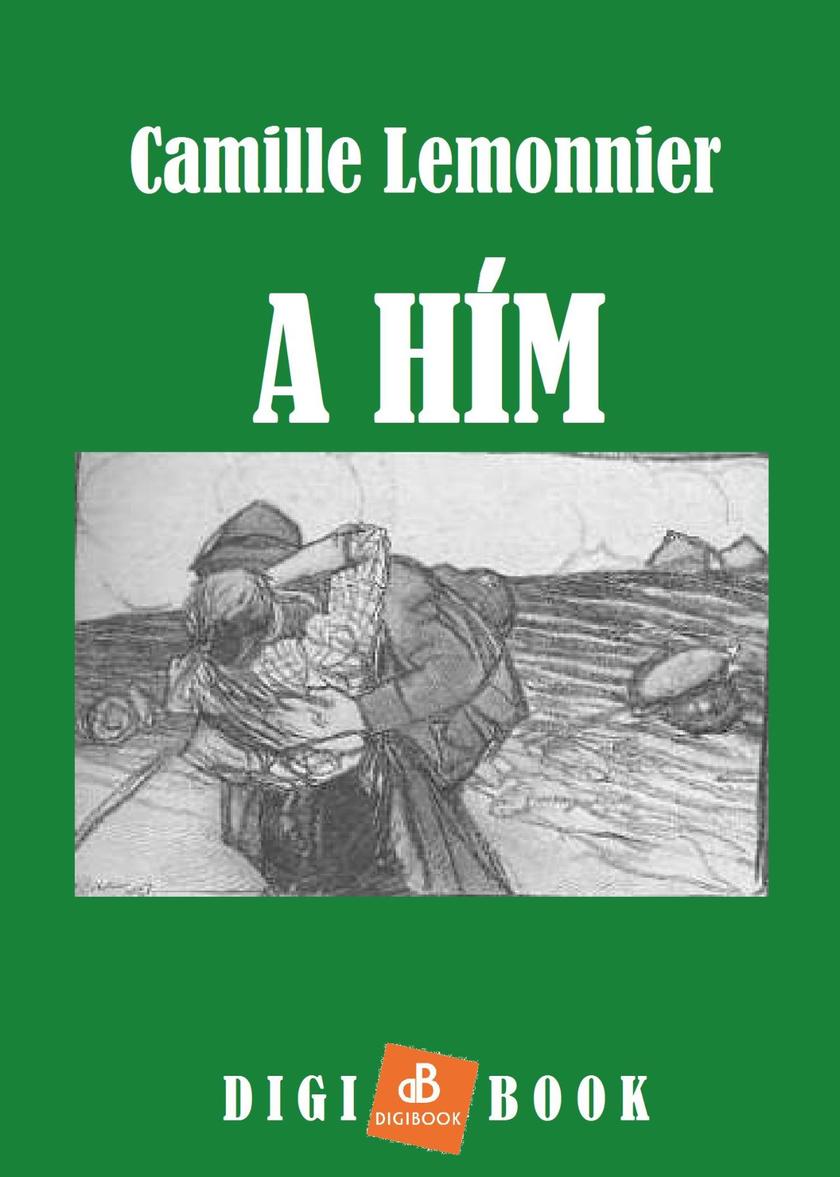
A hím
¥29.02
A hím
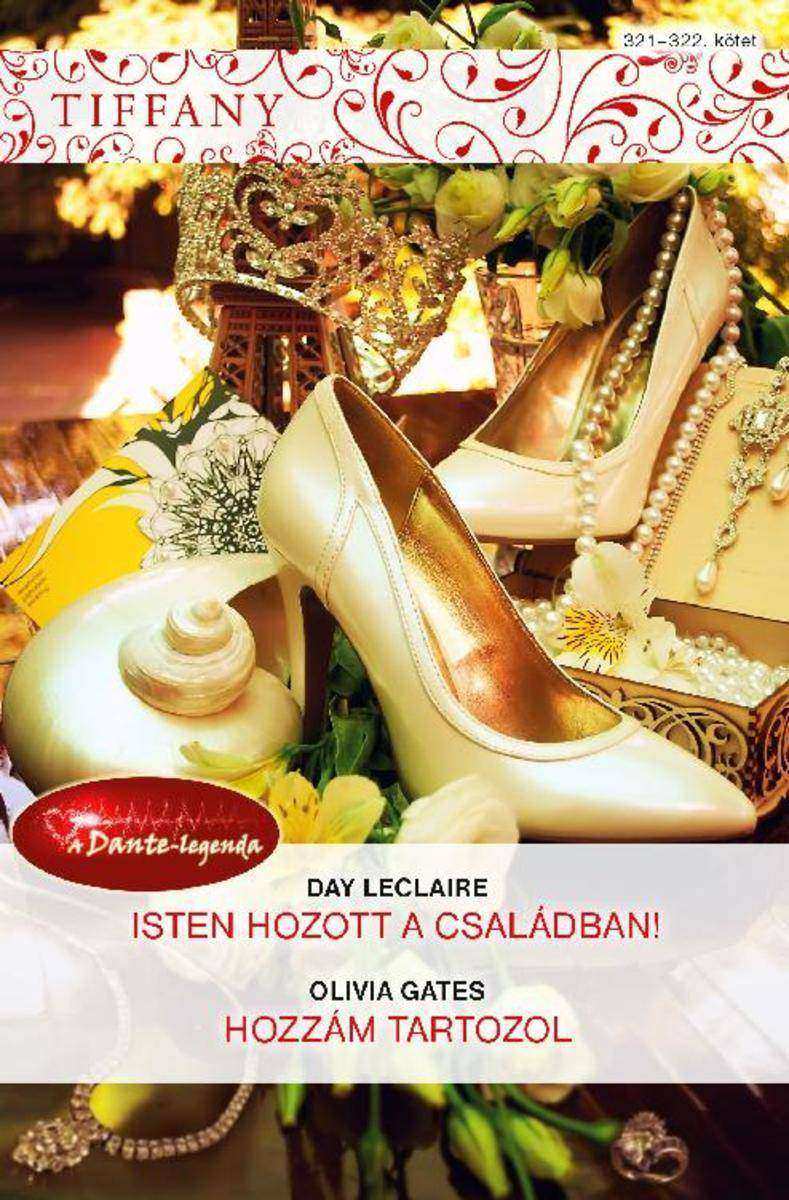
Isten hozott a családban! (A Dante-legenda 9.)
¥48.97
Isten hozott a családban! (A Dante-legenda 9.)
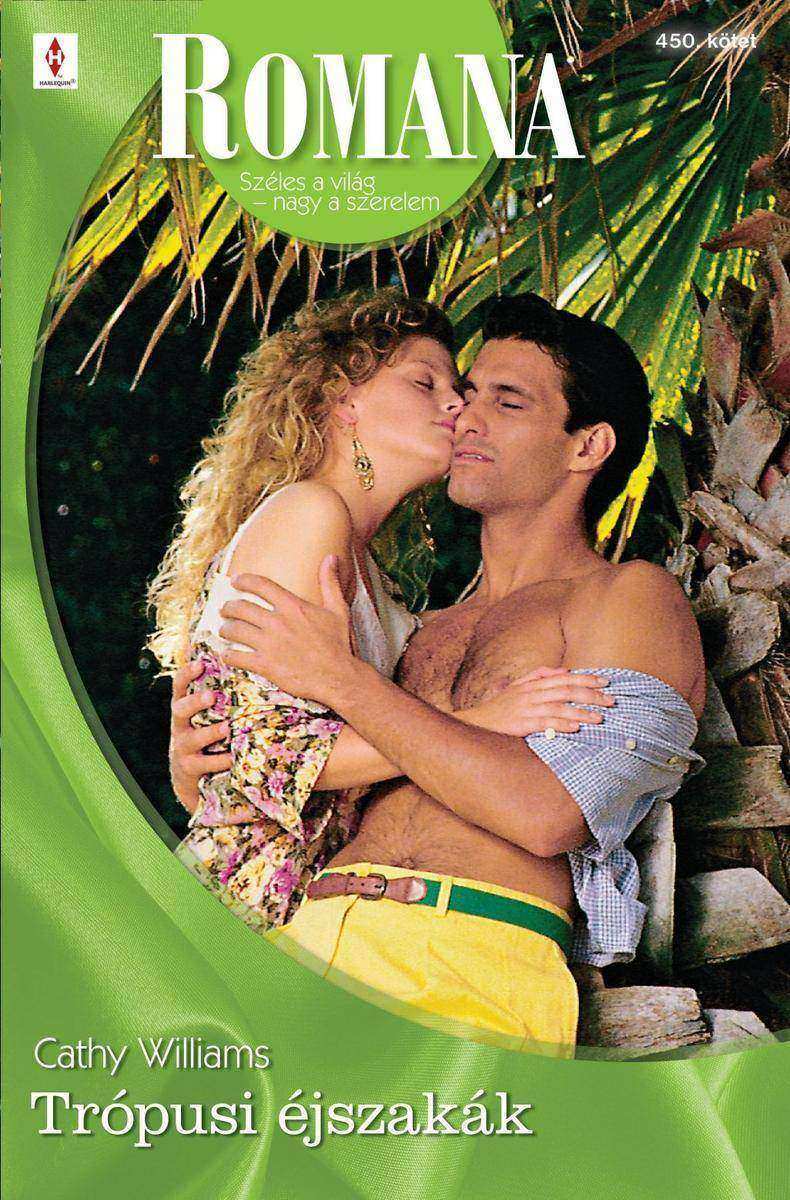
Romana 450. (Trópusi éjszakák)
¥18.74
Romana 450. (Trópusi éjszakák)
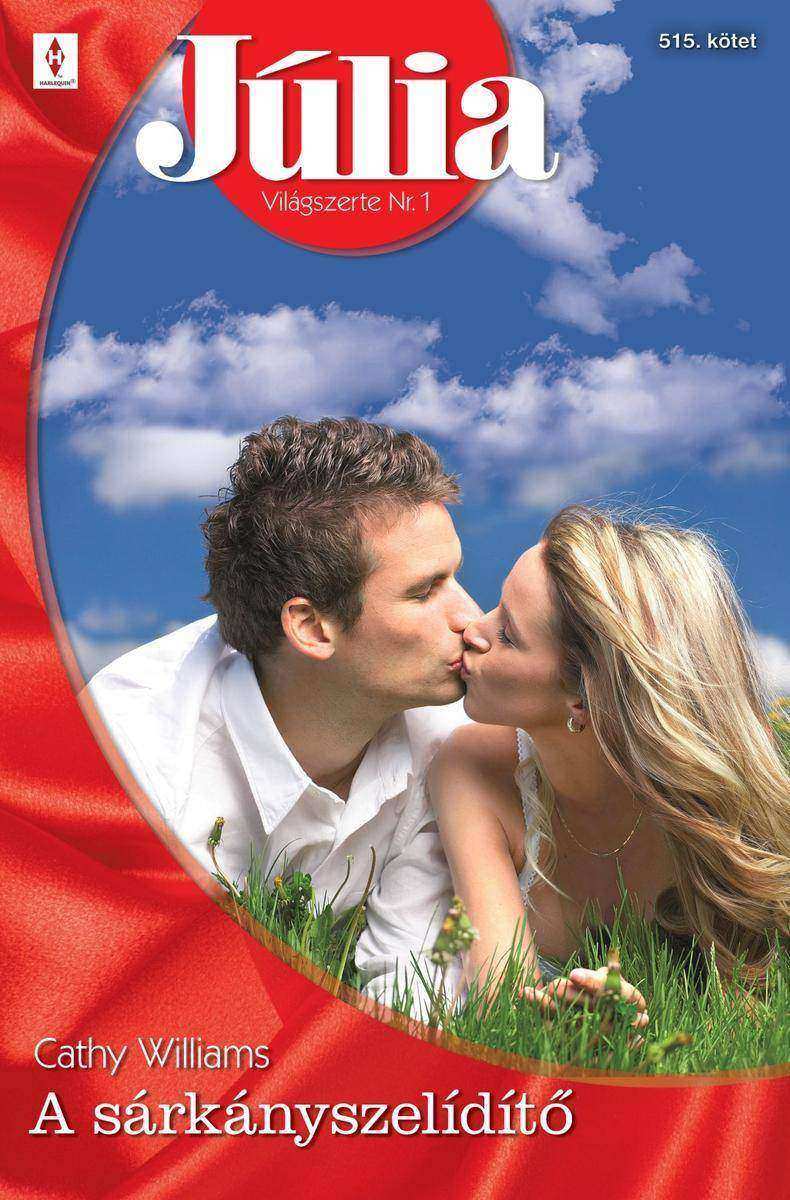
Júlia 515. (A sárkányszelídít?)
¥18.72
Júlia 515. (A sárkányszelídít?)

Együgy? lexikon
¥19.87
Együgy? lexikon

Eltitkolt származás
¥42.92
Eltitkolt származás
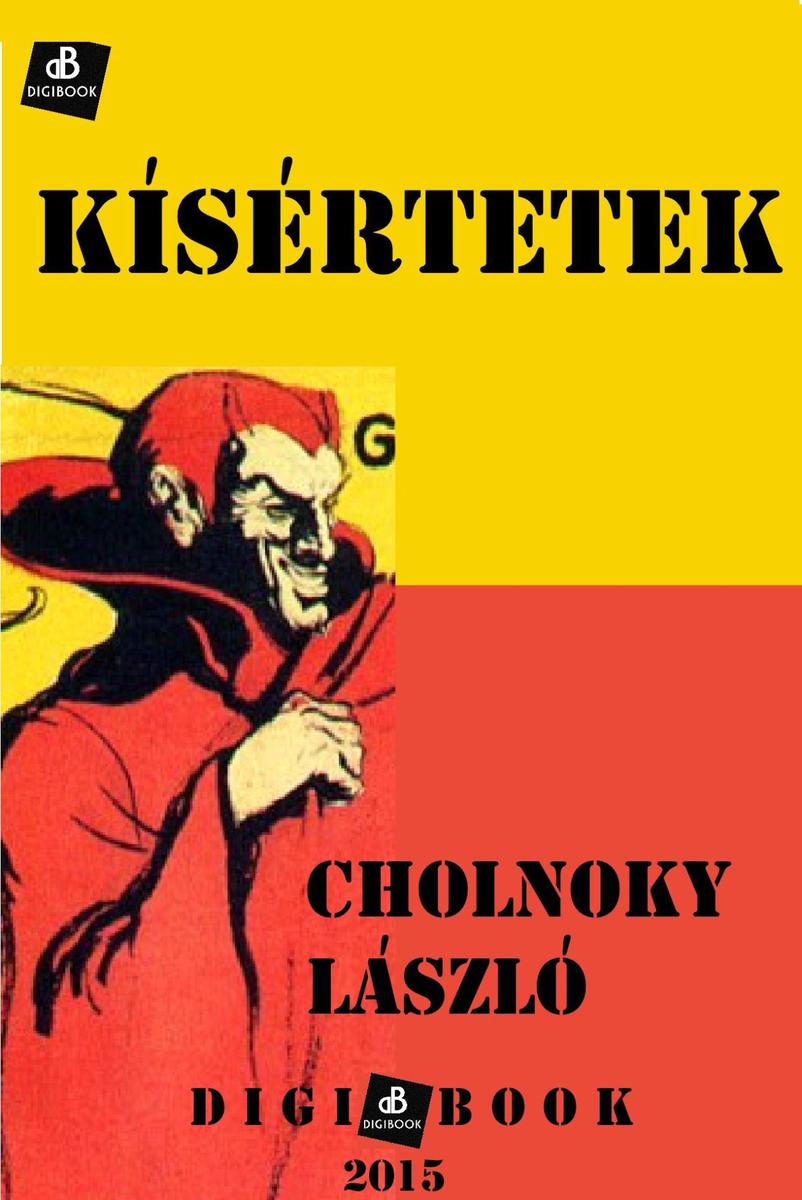
Kísértetek
¥19.87
Kísértetek
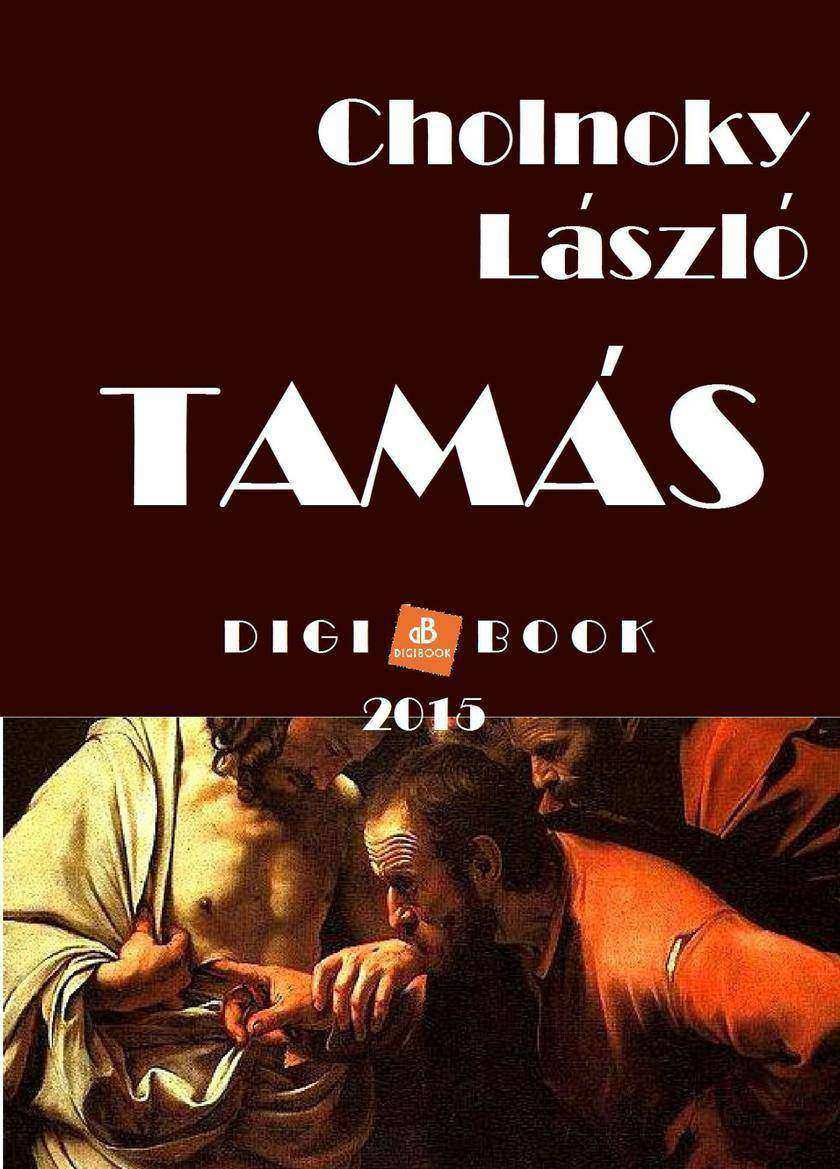
Tamás
¥22.73
Tamás

Drámák ecetben és olajban
¥19.87
Drámák ecetben és olajban
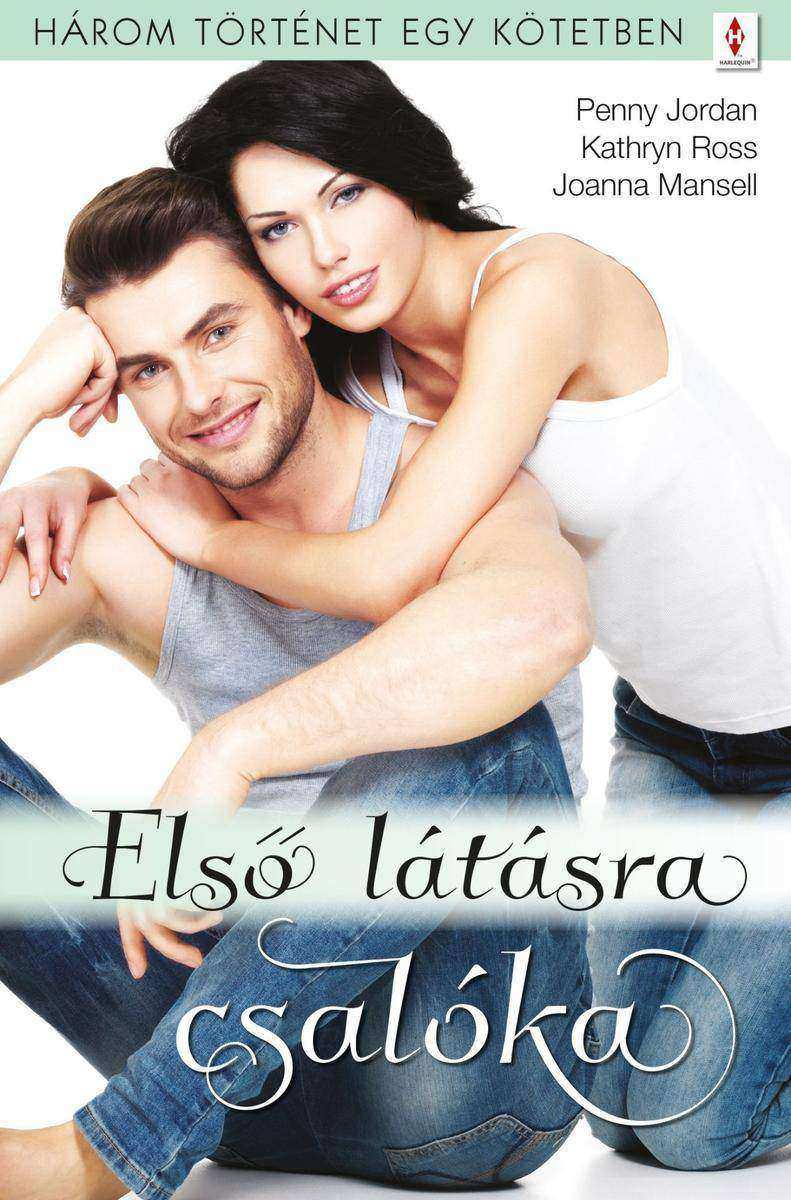
Vetélytársból élettárs, A botrány szele, Táncosn? a kastélyban
¥52.48
Vetélytársból élettárs, A botrány szele, Táncosn? a kastélyban
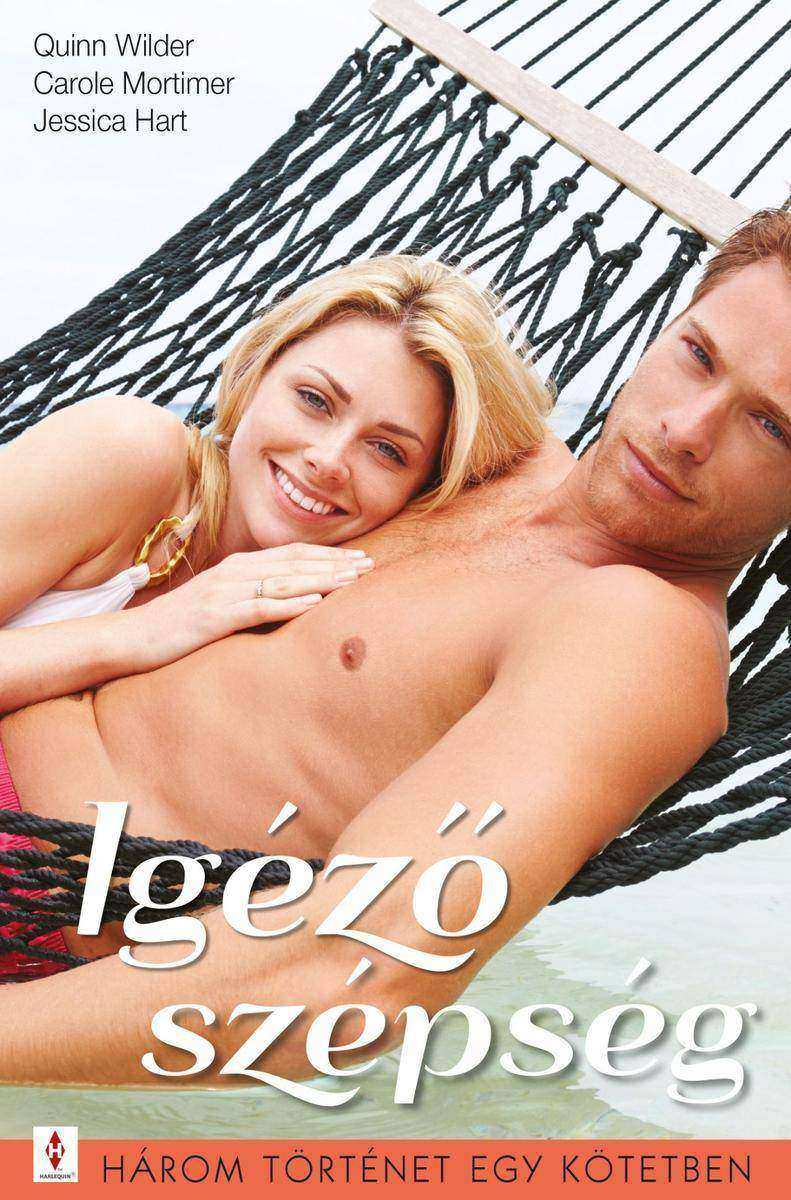
Vadmacska, ?des nyuszikám, Majd beletanulok: Igéz? szépség
¥52.48
Vadmacska, ?des nyuszikám, Majd beletanulok: Igéz? szépség




 购物车
购物车 个人中心
个人中心



